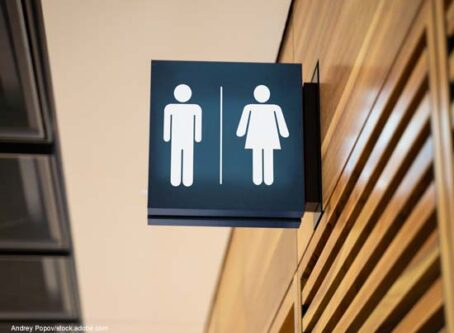San Francisco area voters to decide on bridge toll rates increase
A new law in California permits San Francisco area voters to decide whether to raise bridge tolls. The additional revenue would help get $4.45 billion in transportation work done over the next 25 years, including a project to reduce truck traffic.
Sen. Jim Beall, D-San Jose, describes the effort as a “comprehensive regional traffic relief plan to reduce commuter congestion.”
Signed into law by Gov. Jerry Brown on Tuesday, Oct. 10, SB595 requires the city and county of San Francisco and the other eight Bay Area counties to hold a special election to increase toll rates by up to $3 on the seven state-operated bridges in the area.
The Golden Gate Bridge would be exempt. That bridge is operated independently of the state.
“The traffic chokepoints are especially acute in the corridors of the seven state-owned toll bridges that are critical east-west and north-south arteries that bind the Bay Area together,” Beall said.
If approved by voters, Beall said the plan would fund more than 30 projects intended to take vehicles off the road and eliminate bottlenecks on the Bay Area’s most heavily traveled routes.
“On weekdays, an average of 602,000 vehicles enter and exit the Bay Area,” Beall said in prepared remarks. “Let’s take action now to curb traffic before it becomes worse.”
An estimated $160 million would be designated for projects to reduce truck traffic congestion and mitigate environmental effects.
Eligible projects would include improvements in Alameda County to enable more goods to be shipped by rail, and access improvements to Interstates 580, 80 and 880, and to the Port of Oakland.
A separate project covers I-80 westbound truck scales. Specifically, $105 million would be allotted to “improve freight mobility, reliability, and safety” on the I-80 corridor by funding improvements to the westbound truck scales in Solano County.
Among other projects proposed that would benefit from the additional toll revenues:
- BART to San Jose – Extend the Bay Area Rapid Transit to San Jose and Santa Clara. The project would receive $375 million.
- Contra Costa Interstate 680/State Route 4 interchange – New direct connectors and widening of SR 4 to add auxiliary lanes. An estimated $210 million would be applied to the project.
- I-680/I-880/Route 262 Freeway Connector – Improve traffic movement, reduce congestion, and improve operations and safety via a connector in southern Alameda County. The project would receive $15 million.
Voters in Alameda, Contra Costa, Marin, Napa, San Francisco, San Mateo, Santa Clara, Solano and Sonoma counties will be asked next year to raise bridge tolls. Approval by a simple majority of voters is needed for passage.
Toll rate increases have been approved by area voters on two occasions. Voters approved $1 toll increases in 1988 and 2004.
The revenue sought via the new law, also known as Regional Measure 3, would be in addition to a $5.2 billion statewide transportation funding package approved this year by the California Legislature and signed into law by the governor.
The 10-year statewide funding plan – SB1 – benefits state and local roads, trade corridors, and public transit. The package includes a mix of higher taxes and fees.
Effective Nov. 1, the state’s 27.8-cent excise rate on gas will increase by 12 cents to 39.8 cents. The state’s 16-cent excise tax on diesel is scheduled to increase from 20 cents to 36 cents.
In addition, the 1.75 percent sales tax applied to diesel purchases will be increased by 4 percent to 5.75 percent.
The tax and fee rates also will be indexed to inflation to allow for increases in future years.
“SB1 addresses the state’s aging pains, SB595 will address the Bay Area’s growing pains,” Beall said.
To view other legislative activities of interest for California, click here.









